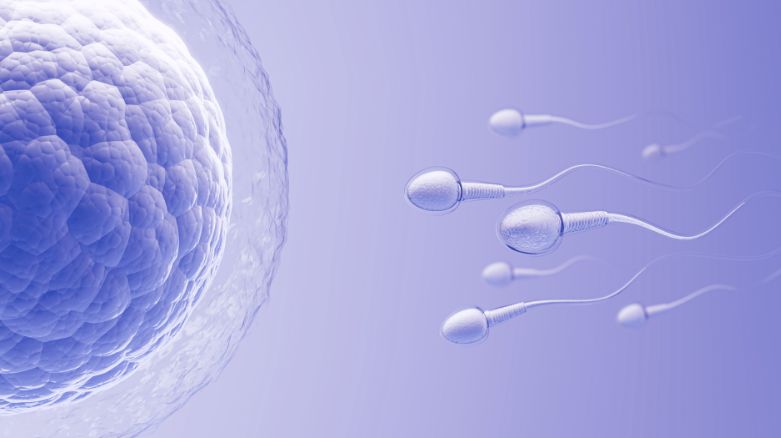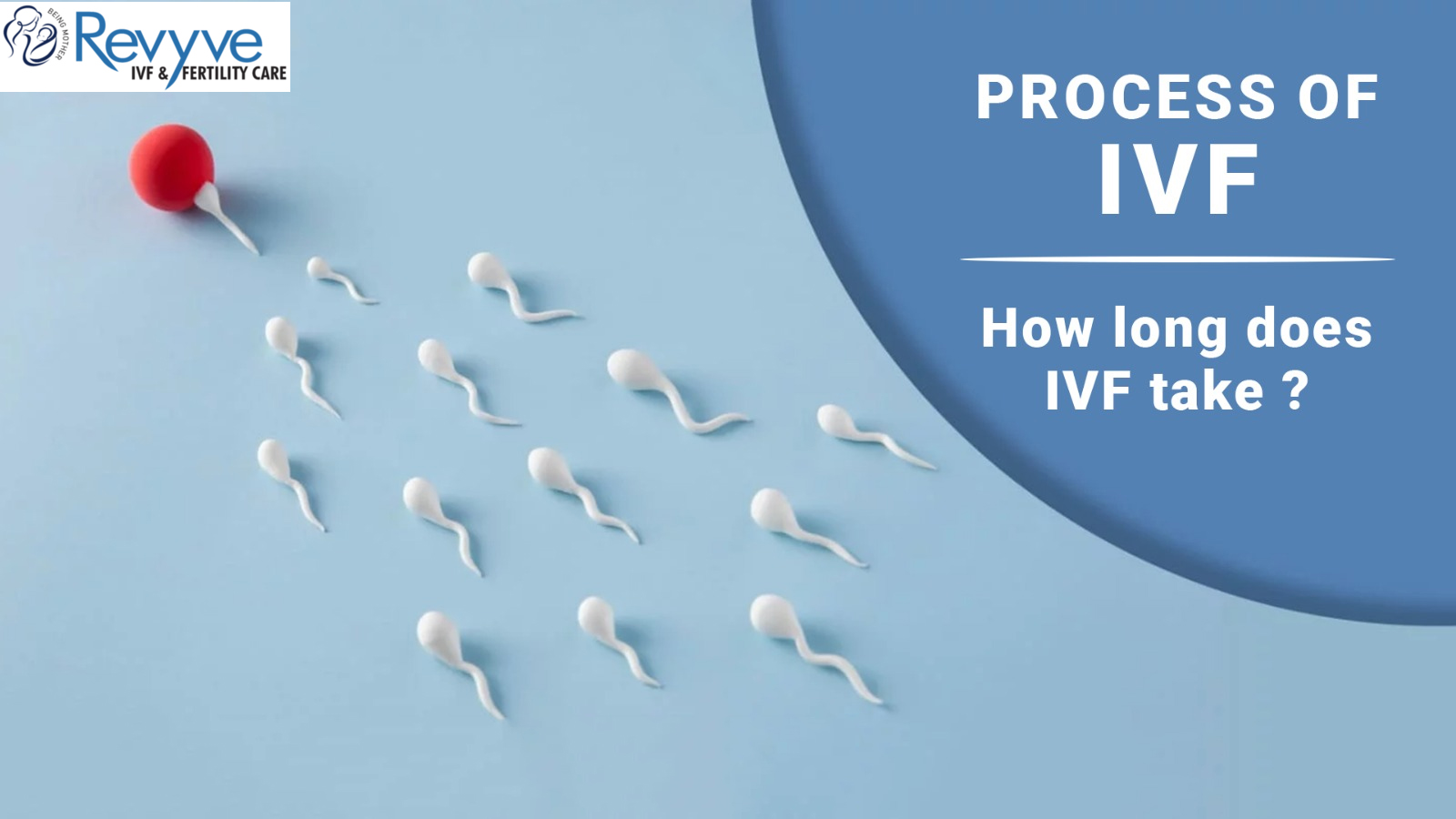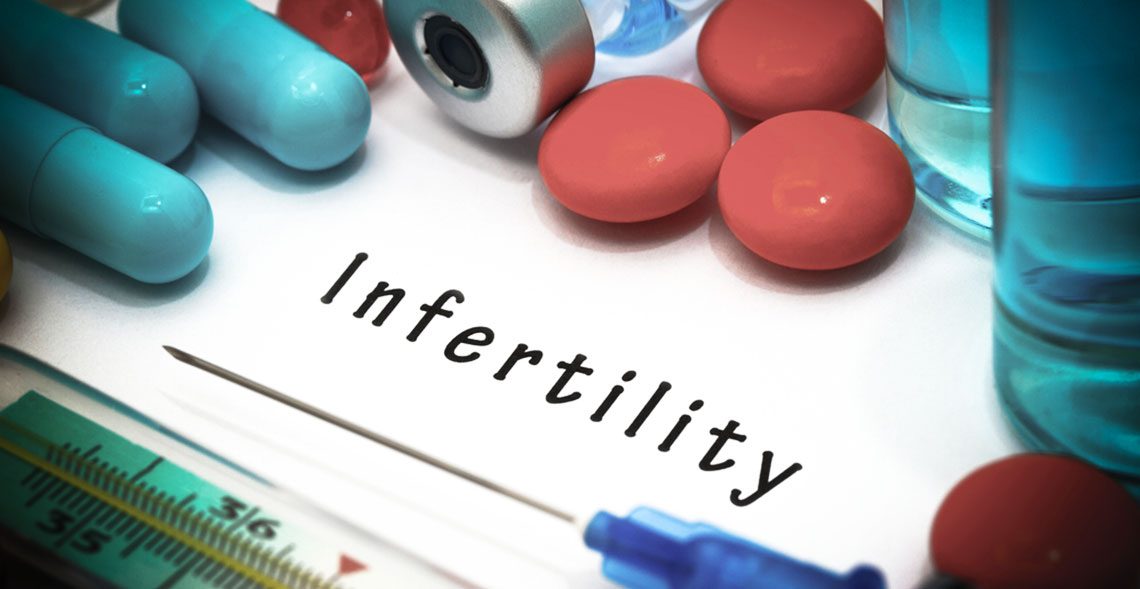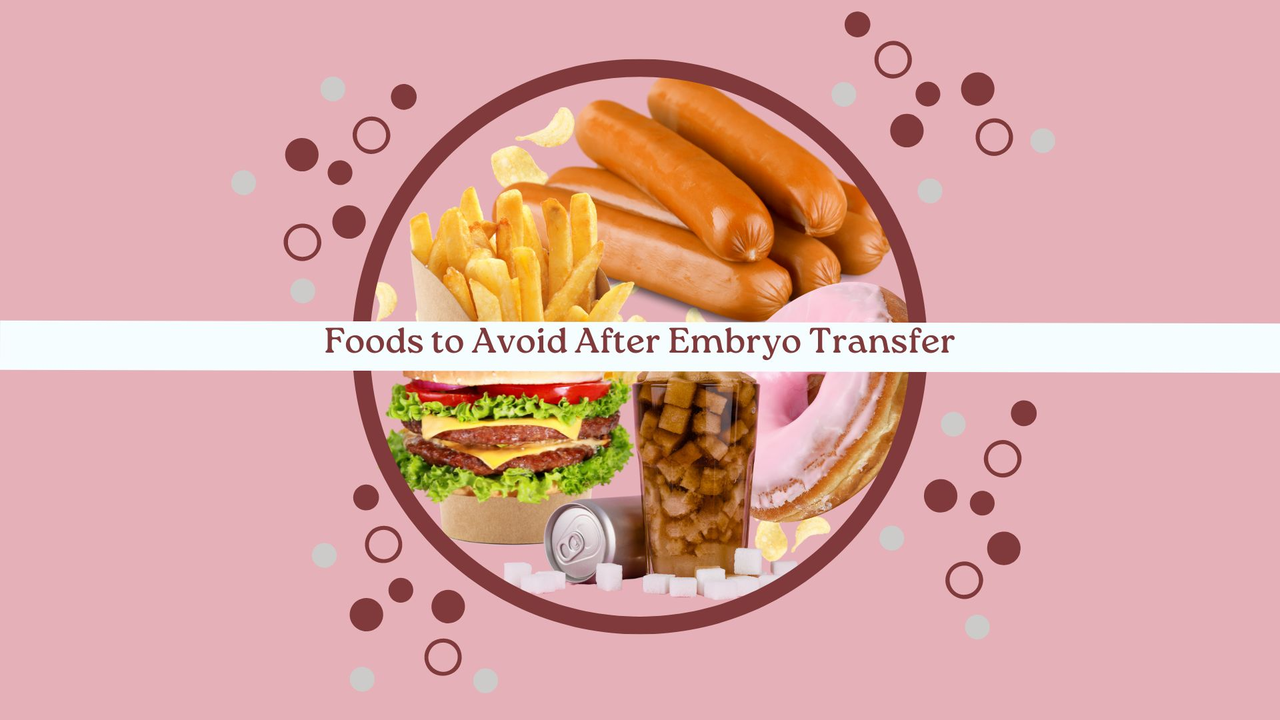Choosing the appropriate clinic is essential when it comes to fertility treatments. The choice can greatly influence your likelihood of becoming pregnant and your overall reproductive wellbeing. Revyve Fertility in Faridabad stands out as a leading fertility clinic in the area, providing advanced treatments, empathetic support, and a tailored approach to assist you in beginning or growing your family. People also know us as the Best Fertility Clinic in Faridabad.
Why Choose Revyve Fertility in Faridabad?
- Success Rates and Specializations
A pivotal aspect to consider when opting an IVF clinic is knowing its success rates. A secure clinic must be open about its success rates regarding IVF, IUI, and colorful fertility curatives. These numbers will give sapience into the effectiveness of the clinic’s practices relative to assiduity marks. For illustration, Revyve Fertility, honored as the top IVF Centre in Faridabad, has shown remarkable success rates, showcasing their chops and commitment to case well- being. Along with success rates, estimate if the clinic focuses on particular areas similar as manly gravidity, PCOS, or aged motherly age. fastening on your specific fertility conditions can enhance your liability of success.
- Medical moxie and Staff Qualifications
The moxie and background of the healthcare team are essential in guaranteeing you gain the loftiest quality of care. Make sure the clinic employs board- certified fertility specialists, embryologists, nursers, and other healthcare professionals who are endured in IVF treatments. At Revyve Fertility, the premier Fertility Clinic in Faridabad, the staff consists of largely complete croakers who constantly enhance their moxie to remain leaders in fertility care. An excellent clinic will offer transparent details regarding their staff’s qualifications and moxie, so feel free to interrogate about this during your appointment.
- substantiated Care and Consultation
Each fertility trip is distinct, and the treatment approach must be customized to meet your individual conditions. In your first discussion, estimate if the clinic dedicates time to comprehend your medical background and particular issues. Conventions that give personalized care tend to reach better issues as they take into account all rudiments that may affect fertility. Revyve Fertility, an IVF clinic located in Faridabad, is honored for its customized system, guaranteeing that the treatment plan for each case is substantiated for the stylish issues. Individual focus during the discussion stage is also a strong sign of the clinic’s fidelity to your success.
- Technology and Equipment
Modern technology and slice- edge tools are critical rudiments of a thriving IVF clinic. Advancements in reproductive technology, including embryo cryopreservation, inheritable testing, and egg collection styles, significantly enhance the liability of a successful gestation. When assessing a clinic, ask about the technologies they use and whether they invest in the newest fertility inventions. A installation similar as Revyve Fertility, the top IVF Centre in Faridabad, features state- of- the- art amenities and utilizes the most advanced technologies to guarantee that you gain the loftiest quality of care.

- Costs and Financing Options
Fertility procedures can be expensive, so it’s essential to completely grasp the charges involved prior to choosing a clinic. many clinics give payment plans or financing options to help in reducing the fiscal strain. Make sure to ask about the clinic’s pricing details, covering the freights for consultations, treatments, and redundant procedures. Certain conventions might give whisked packages that include several cycles, which can be provident for cases entering IVF remedy. It’s prudent to ask if the clinic collaborates with your insurance provider, since fertility treatments may sometimes be included in insurance content.
- Supportive Environment and Emotional Care
Fertility curatives can be emotionally demanding, hence it’s important to elect a clinic that provides probative services for you and your mate. Seek a clinic that offers comforting, emotional support groups, or fresh coffers to help you in managing the stresses generally associated with fertility treatments. A caring and humane atmosphere can significantly impact your overall experience. Revyve Fertility is honored for creating a compassionate and humane terrain where cases are always treated with respect and quality during their experience.
Conclusion
Opting the applicable fertility clinic is a significant choice that demands thoughtful reflection and consideration. Anyhow of your interest in IVF, IUI, or fresh fertility options, knowing the clinic’s success rates, standing, and methodology for substantiated care will help you make the stylish decision for your conditions. Revyve Fertility, the top IVF clinic in Faridabad, is distinguished by its slice- edge technology, minding platoon, and commitment to patient issues. By considering these important factors, you can reach a well-informed choice that guides you toward fulfilling your ultimate end of creating your family.





 Although success in IVF isn’t assured, there are multiple measures you can implement to enhance your likelihood of a favourable result. Revyve Fertility, the top IVF Centre in Faridabad, provides professional support during the entire IVF journey. Here are several useful suggestions to enhance your chances of IVF success:
Although success in IVF isn’t assured, there are multiple measures you can implement to enhance your likelihood of a favourable result. Revyve Fertility, the top IVF Centre in Faridabad, provides professional support during the entire IVF journey. Here are several useful suggestions to enhance your chances of IVF success:


